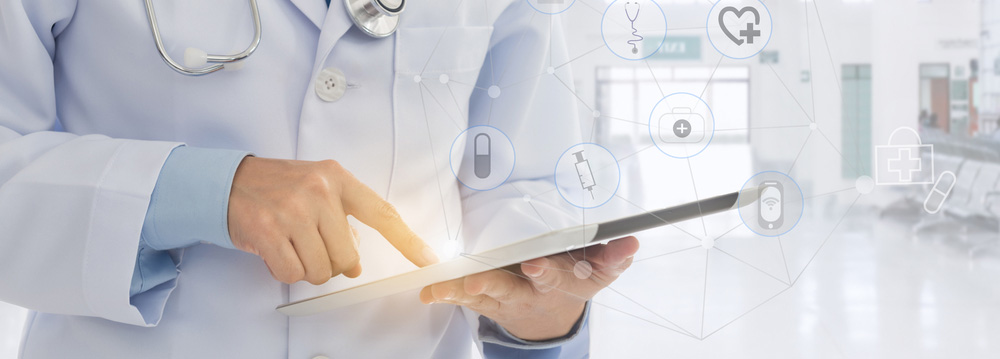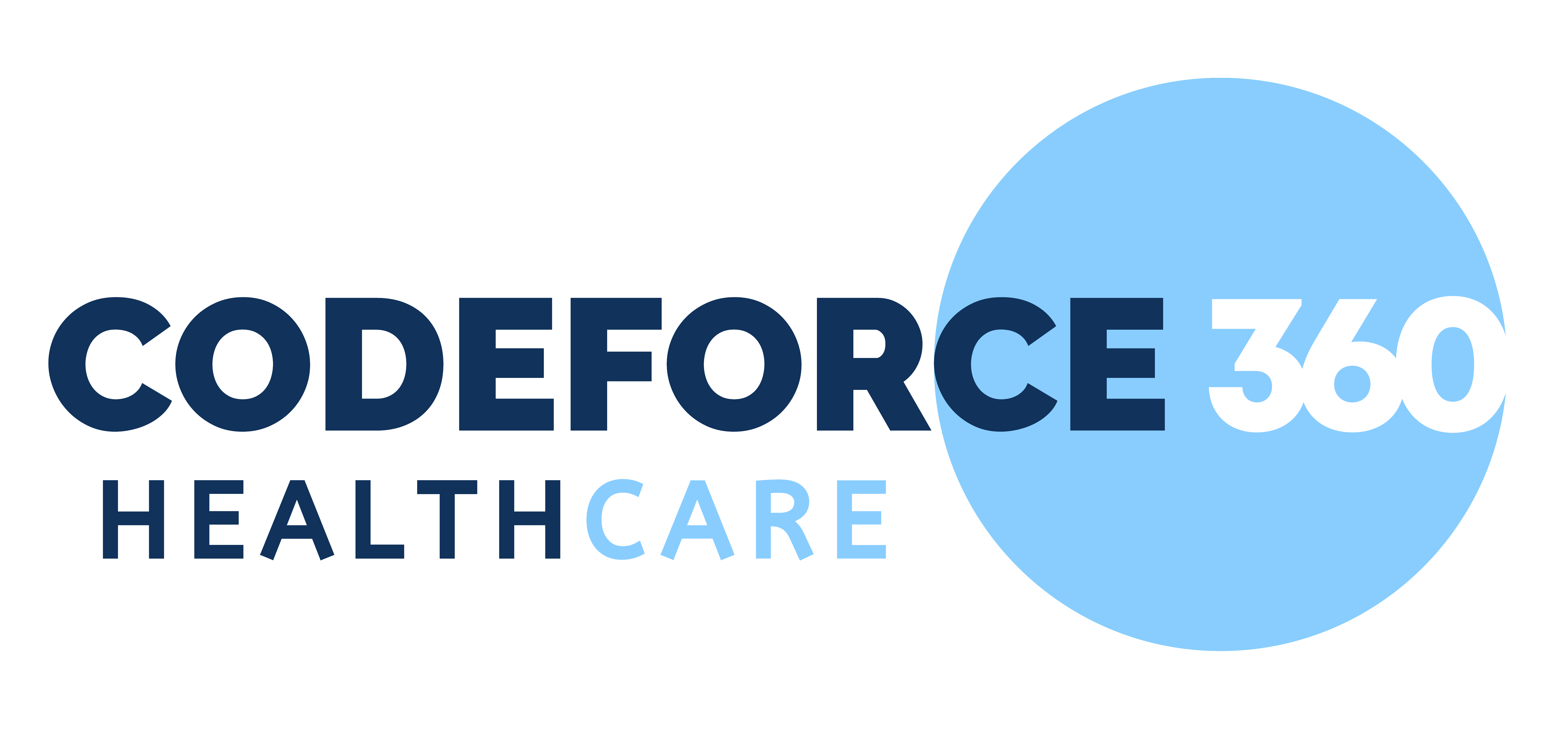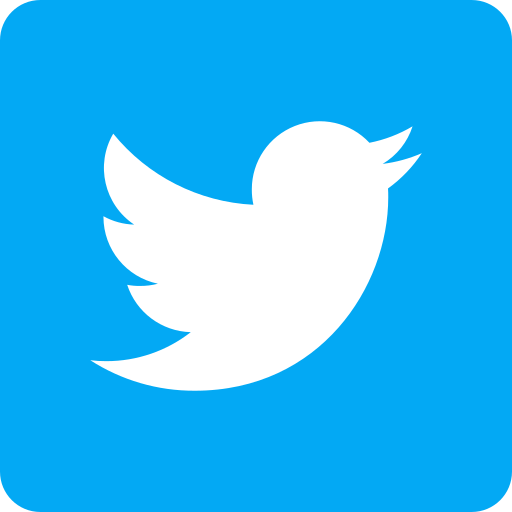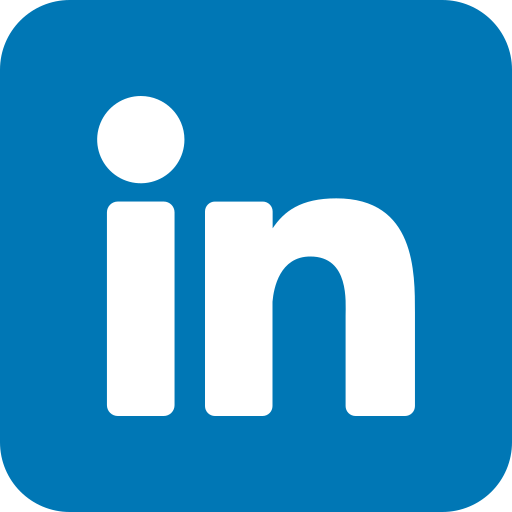Advancements in technology are revolutionizing the healthcare industry and will continue to shape it in 2023. As a result, there will be a significant impact on healthcare staffing. Integrating new technologies such as artificial intelligence, telemedicine, and electronic health records will likely lead to changes in job roles and responsibilities and a demand for more specialized and tech-savvy health staffing.
In addition, healthcare professionals will need to work collaboratively with healthcare staffing agencies and technology to provide better patient care. As healthcare organizations adapt to changing technologies, recruiting, training, and retaining staff who can keep pace with these advancements and maintain high-quality patient care will be crucial.
The use of technology by healthcare staffing agencies will also create new opportunities for remote work and flexible working arrangements, further shaping the landscape of healthcare staffing in the coming years.
Below are the technologies that will impact Healthcare staffing

Cloud Computing: It provides healthcare professionals with a broader range of alternatives to modernize legacy systems and operational procedures. Embracing cloud computing expands possibilities for integrating AI and machine learning applications, which may aid in uncovering hidden patterns and insights that can enhance healthcare delivery.
Internet of Medical Things (IOMT): Pulsometers and Smartwatches are two wearable technologies leveraged to communicate with the IoMT systems. These wellness trackers use sensors to record data and notify your body vitals, such as heart rate, body temperature, blood pressure, and more. By leveraging this data, doctors or other physician staff can evaluate the diagnosis and further treatment.
AI: Artificial Intelligence (AI) tools can analyze large data sets loaded from electronic records, notes, images, sensors, and devices to identify patterns that could advance patient care and aid healthcare researchers in developing superior treatments. Despite being a relatively new technology, AI has many applications that can benefit organizations and healthcare staffing agencies.
AR and VR: Medical professionals can leverage augmented reality to project medical images onto patients, assisting doctors in making accurate diagnoses. Medical digital scanners use augmented reality (AR) to develop near-infrared (NIR) technology, enabling nurse staff and clinicians to better identify human heart vein centre lines and draw blood. Virtual reality, on the other side, replicates complex surgical operations, giving surgeons practice before treating actual patients. AR and VR technologies assist top healthcare staffing companies that provide medical staffing solutions for job training.
Blockchain: Healthcare organizations have adopted blockchain to provide a secure, patient-centric method of collecting, validating, and sharing health information. Many blockchain systems offer a distributed and transparent ledger of records that cannot alter without being recorded. By leveraging blockchain, healthcare providers can safeguard and anonymize patient data while ensuring full transparency and interoperability across various healthcare systems.
Remote Patient Monitoring (RPM): Remote patient monitoring (RPM) enables healthcare professionals to monitor a patient’s health status anywhere. This technology benefits older people with chronic illnesses who need regular monitoring and treatment but cannot attend in-person appointments.
Telemedicine: Throughout the COVID-19 outbreak, numerous healthcare providers shifted their focus to delivering healthcare services through telemedicine. Several healthcare payers have also adjusted to these changes by ensuring fair compensation for telemedicine and presenting improved billing alternatives. Even beyond the pandemic’s span, the technological infrastructure that underpins telemedicine is expected to endure due to its versatility and convenience. Patients, especially those residing in far-off locations or working outside regular business hours, value having more alternatives to interact with clinicians, whether through video software on their computer or a mobile app on their smartphones.
The impact of technologies on healthcare staffing has been substantial, with benefits ranging from automating routine tasks to implementing telemedicine. By optimizing staffing practices, reducing costs, and improving patient outcomes, technology has transformed the way healthcare providers approach staffing.
Conclusion
It’s crucial to keep the human aspect of healthcare in mind as healthcare staffing changes to accommodate these technological advancements. Technology can improve patient care, but it cannot replace the human connections that healthcare professionals offer. Hence, the employment and retention of qualified healthcare professionals from top healthcare staffing companies must remain a priority for healthcare organizations.

Excellence Through Recruitment
Global Headquarters
3970 Old Milton Parkway,
Suite #200, Alpharetta, GA 30005
India Delivery Center
5th Floor, Sri Durga Towers,
Above UCO Bank, Road No 10,
Banjara Hills, Hyderabad-500034
Telangana, India.

Excellence Through Recruitment
Quick Links
Global headquarters
3970 Old Milton Parkway,
Suite #200, Alpharetta, GA 30005
India Delivery Center
5th Floor, Sri Durga Towers,
Above UCO Bank, Road No 10,
Banjara Hills, Hyderabad-500034
Telangana, India.
Stay in Touch








